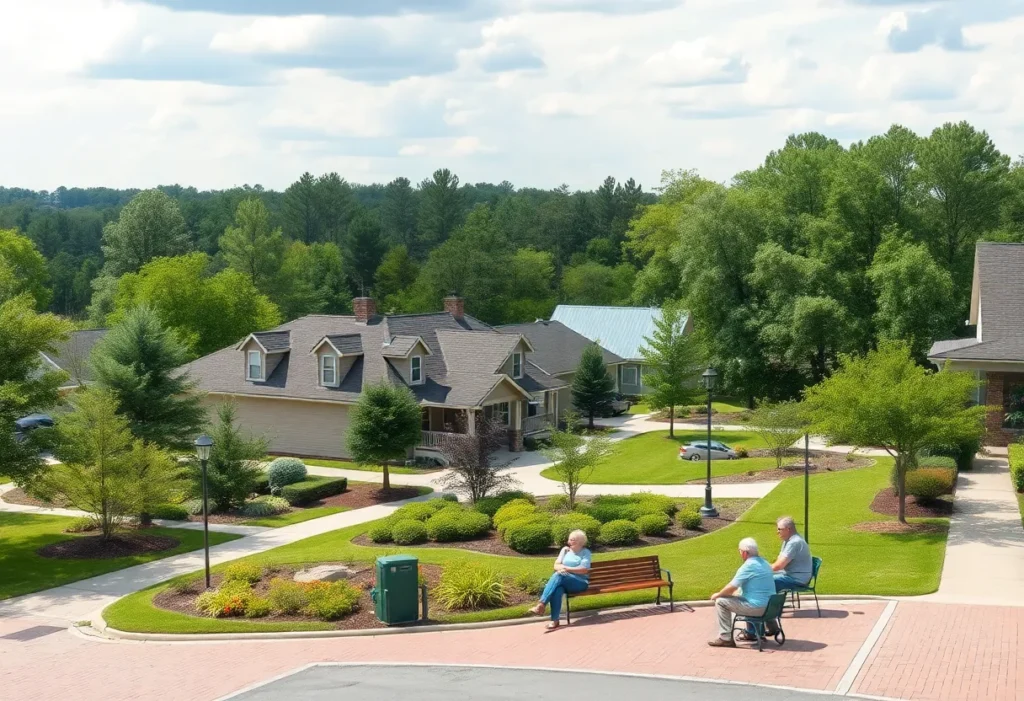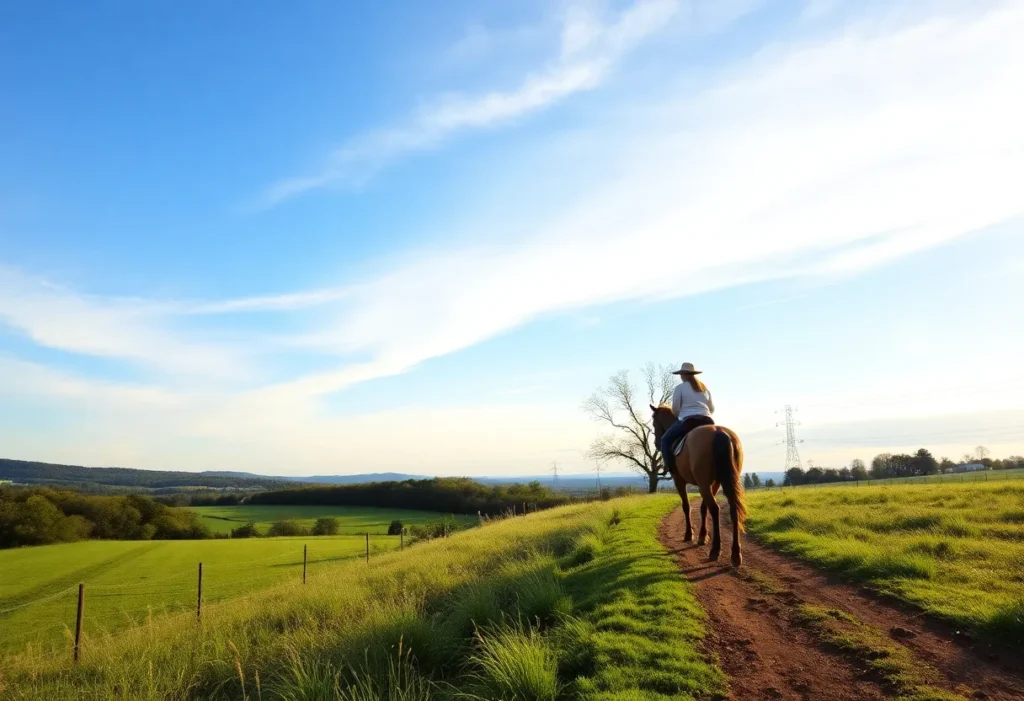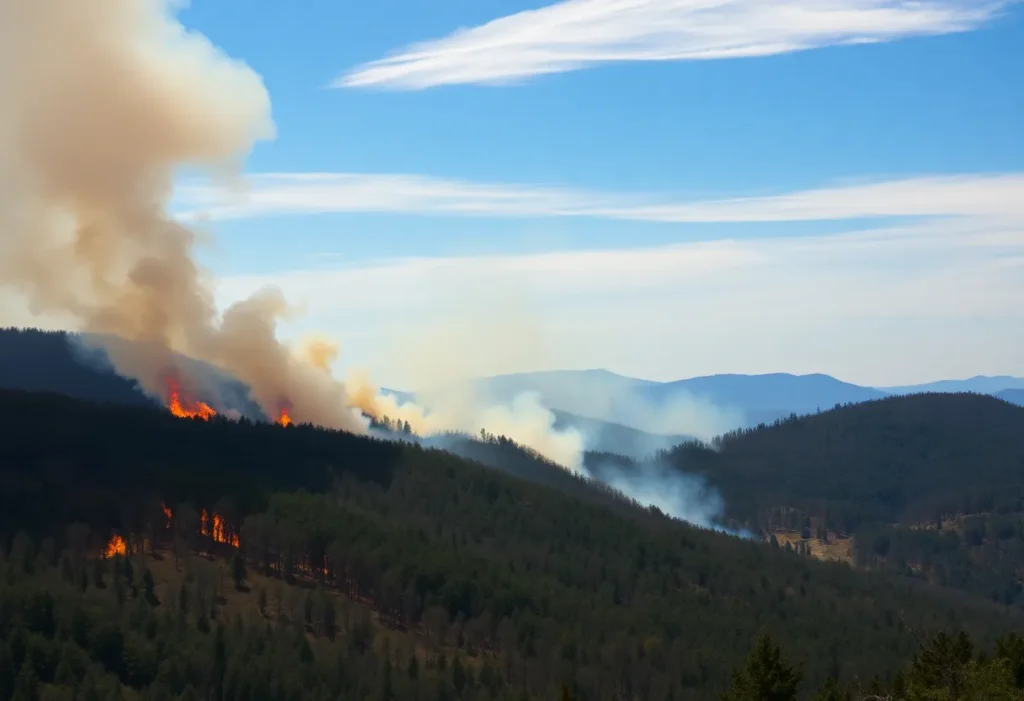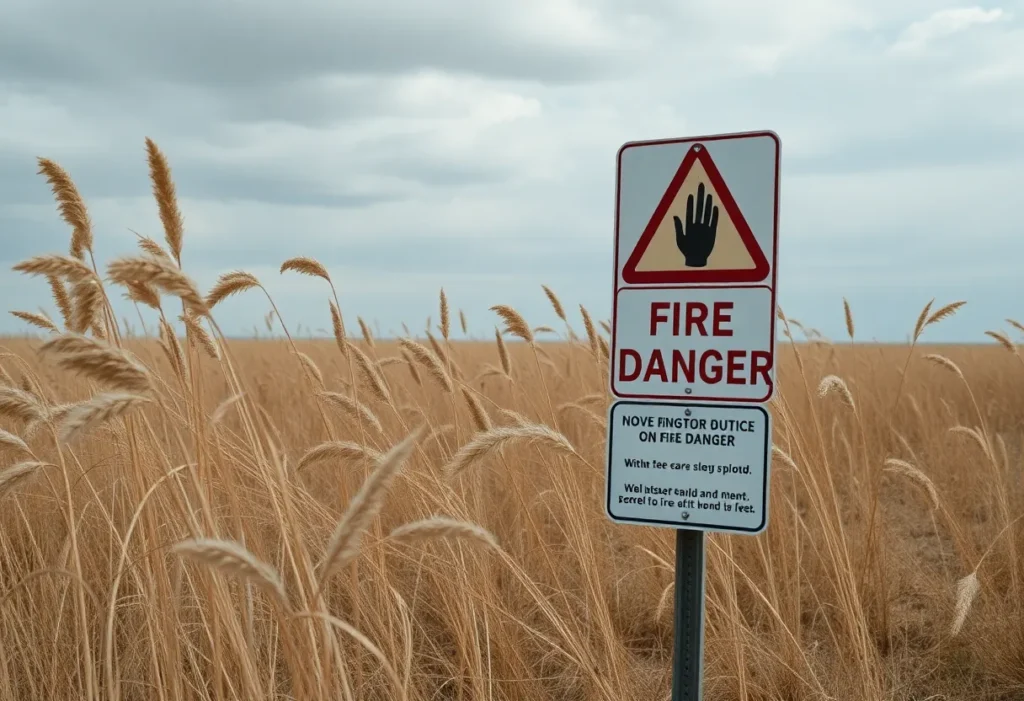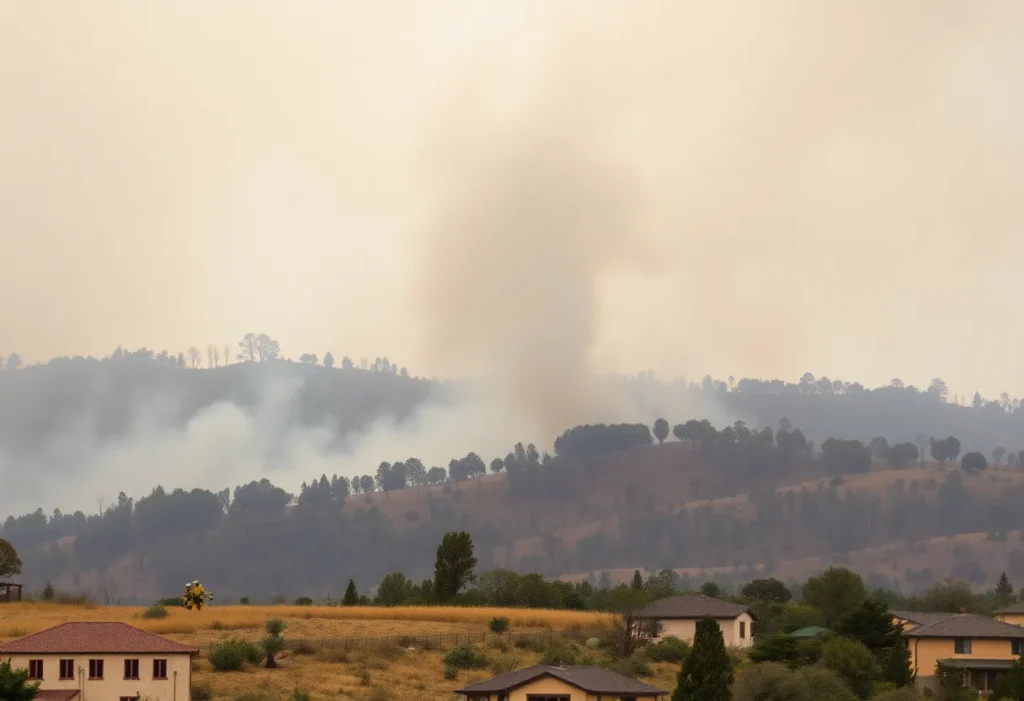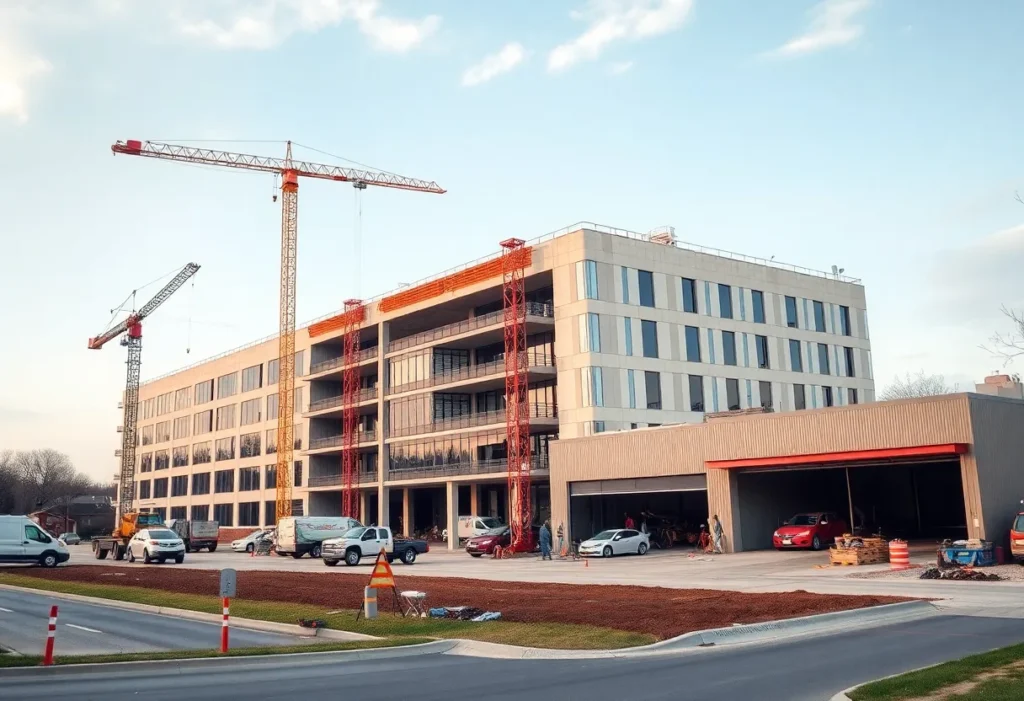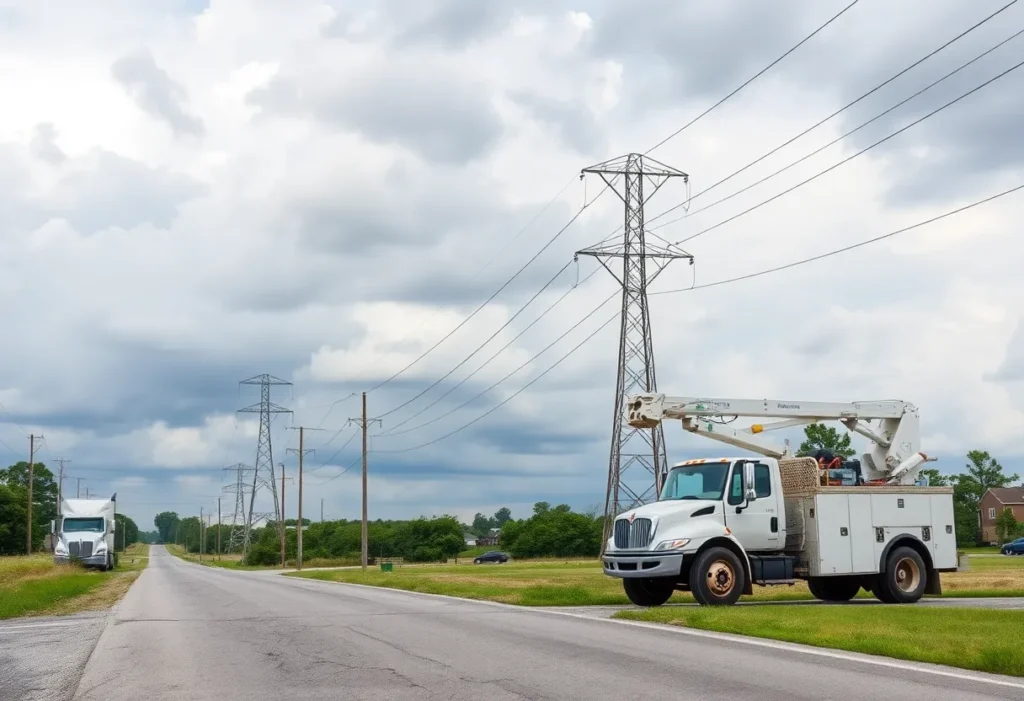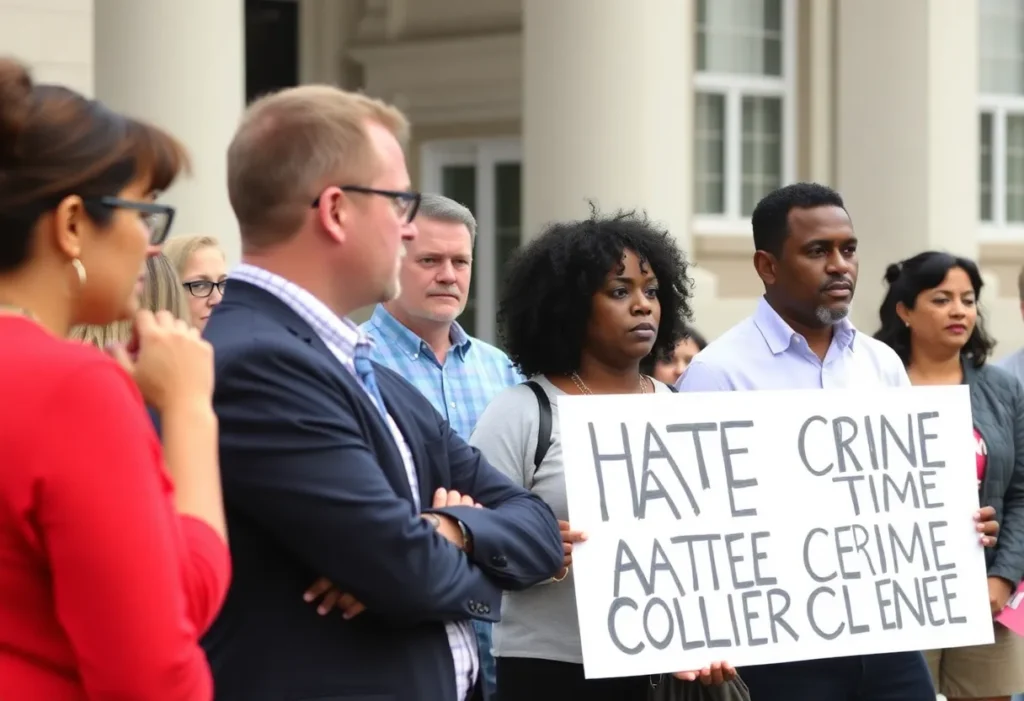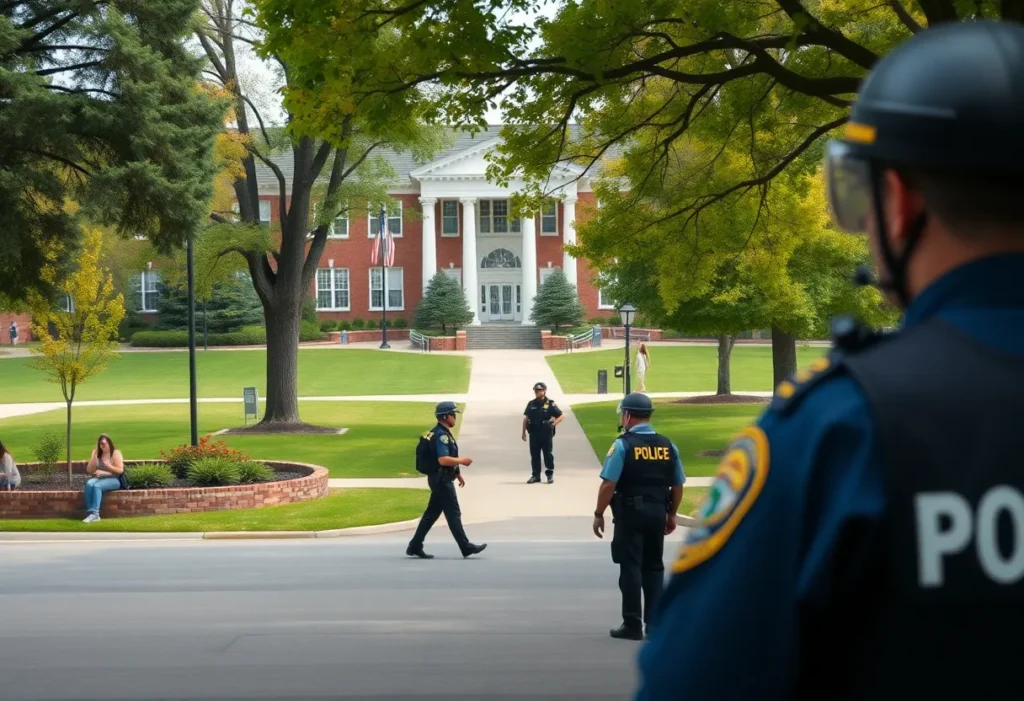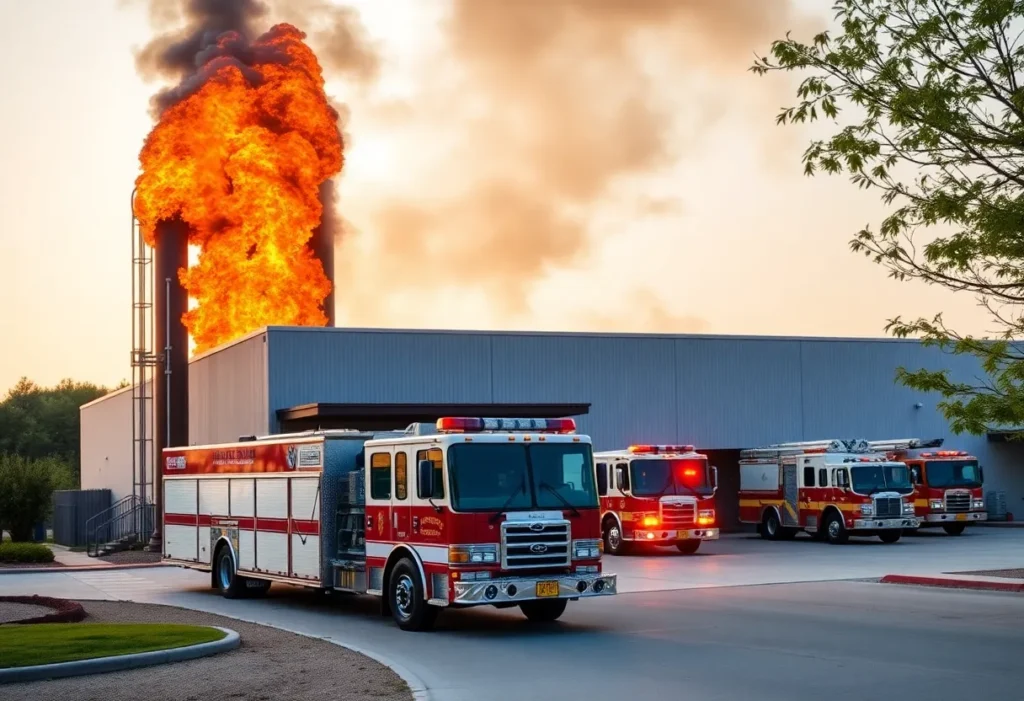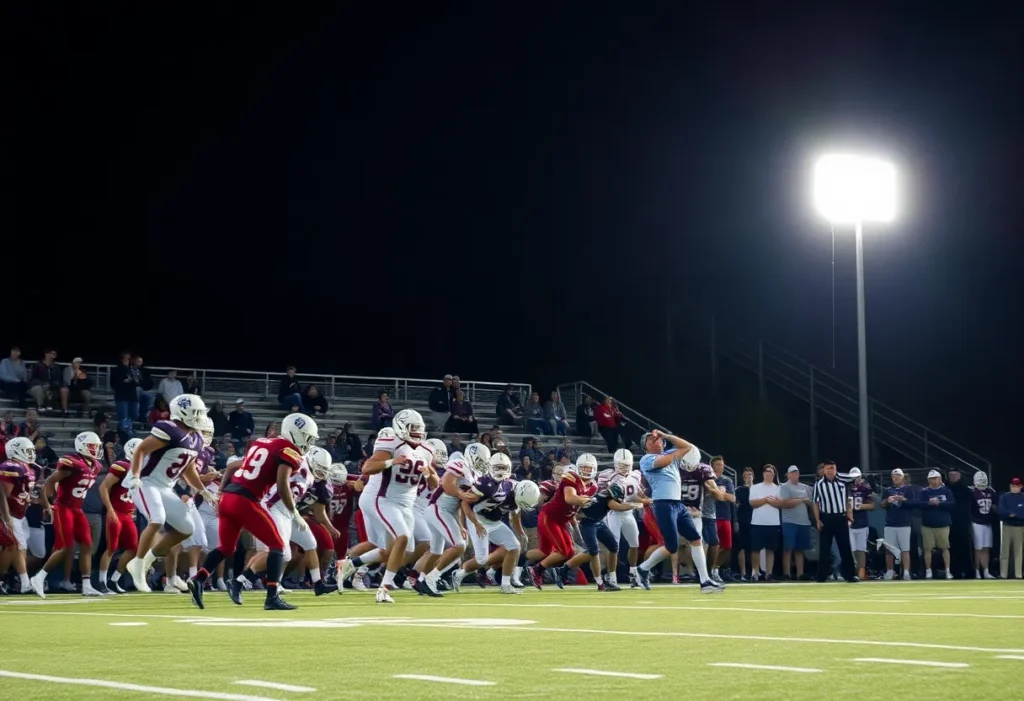Greenwood, SC News
TOP Green wood STORIES
BREAKING NEWS
Jay Duncan Visits Syracuse Football Program
Syracuse, NY, October 27, 2025 News Summary Jay Duncan, a wide receiver from Greenwood High, visited Syracuse’s football program on October 18, where he experienced an electric game atmosphere against Pittsburgh....
South Carolina: A Rising Retirement Destination with Affordable Living
South Carolina, October 27, 2025 News Summary South Carolina is becoming a sought-after retirement destination, with a growing population and affordable living options. Featuring a mix of recreational activities, cultural attractions,...
Major Victories in South Carolina High School Football
South Carolina, October 26, 2025 News Summary Week 10 of South Carolina high school football highlighted several dominant performances on October 24, with Abbeville defeating Dixie 55-7 and Fort Dorchester overcoming...
Remembering Anita Lee Nutt Greenwood: Educator and Leader
Lansing, N.C., October 26, 2025 News Summary Anita Lee Nutt Greenwood, an influential educator known for her dedication to teaching and community service, passed away. Her contributions spanned education, local governance,...
Community Honors Coach John McKissick’s Legacy
Summerville, South Carolina, October 26, 2025 News Summary In Summerville, South Carolina, the community reflects on the legacy of legendary high school football coach John McKissick, marking 13 years since his...
Former Youth Pastor Sentenced for Child Pornography
Spartanburg, South Carolina, October 23, 2025 News Summary Daniel Kellan Mayfield, a former youth pastor and wedding photographer, has received a 20-year federal prison sentence after being found in possession of...
Elevated Fire Danger and Wildfires Affect South Carolina
Walhalla, South Carolina, October 23, 2025 News Summary Fire danger warnings remain in effect across South Carolina, especially in Oconee County, where significant wildfires are currently burning. The National Weather Service...
Fire Danger Alert Issued Across Upstate South Carolina
Upstate South Carolina, October 23, 2025 News Summary A fire danger alert has been issued for multiple counties in Upstate South Carolina and Western North Carolina due to dry and windy...
High Fire Danger and Wildfire Alert Issued for Walhalla Area
Walhalla, October 23, 2025 News Summary The National Weather Service has issued a weather alert for high fire danger in Oconee County until Thursday afternoon, amid dry and windy conditions heightening...
BUSINESS
Chandler Construction Services Inc. Expands Headquarters in Greenwood County
Greenwood County, October 23, 2025 News Summary Chandler Construction Services Inc. is set to expand its headquarters in Ninety Six, Greenwood County, with a $10.1 million investment expected to create 31...
Duke Energy Carolinas Proposes Significant Rate Increase
Greenwood, South Carolina, October 19, 2025 News Summary Duke Energy Carolinas has proposed an 8.7% rate increase for residential customers, raising typical monthly bills by approximately $10.38 starting March 1, 2026....
Brandy Poore Appointed New Mortgage Loan Officer at Countybank
Greenwood, SC, October 16, 2025 News Summary Countybank Mortgage has appointed Brandy Poore as their new Mortgage Loan Officer. With over two decades of experience in banking and a strong commitment...
Chandler Skelly Named One of Greenwood’s 2025 Under 40 Stars
Greenwood, South Carolina, October 15, 2025 News Summary Chandler Skelly, a 35-year-old healthcare leader, has received recognition from the Greenwood SC Chamber of Commerce as one of Greenwood’s 2025 Under 40...
Duke Energy Proposes $150 Million Rate Increase in South Carolina
Greenwood, South Carolina, October 15, 2025 News Summary Duke Energy has submitted a request for a $150 million rate increase, affecting approximately 680,000 customers across western South Carolina. If approved, residential...
Local Healthcare Leader Honored with Greenwood Under 40 Star Award
Greenwood, SC, October 8, 2025 News Summary Richard Andrew Philipp II, a dedicated healthcare professional from Greenwood, SC, has been awarded the Greenwood Under 40 Star award. Recognized for his contributions...
Hobby Lobby and Ulta Beauty Set to Open in North Augusta
North Augusta, October 5, 2025 News Summary North Augusta’s Edgewood Square shopping center will welcome Hobby Lobby and Ulta Beauty as new tenants. Hobby Lobby plans to open in January 2025,...
Revised Edition of ‘Thinking Developmentally’ Released
Cleveland, Ohio, September 29, 2025 News Summary The American Academy of Pediatrics has released a second edition of ‘Thinking Developmentally: Nurturing Wellness in Childhood to Promote Lifelong Health.’ Authored by pediatricians...
New Virtual Engagement Center Launches for Job Seekers in Upper Savannah
Greenwood, South Carolina, September 26, 2025 News Summary The SC Works Virtual Engagement Center has been launched in South Carolina’s Upper Savannah region, providing online employment services. This platform connects job...
Events/What's Happening
Easley Green Wave Hosts Greenwood Eagles in Key Football Match
Easley, South Carolina, October 27, 2025 News Summary The Easley Green Wave will face the Greenwood Eagles in a pivotal high school football game this Thursday. Easley aims to break a...
U.S. Army Marks 250th Anniversary with Grand Parade
Washington, D.C., October 27, 2025 News Summary A military parade costing $45 million celebrated the U.S. Army’s 250th anniversary in Washington, D.C. The event featured 6,200 soldiers, 128 military vehicles, and...
Greenwood Eagles Prepare for Showdown with Easley Green Wave
Greenwood, South Carolina, October 27, 2025 News Summary The Greenwood Eagles are gearing up for a critical matchup against the Easley Green Wave this Thursday at 7:30 p.m. The Eagles come...
South Carolina: A Rising Retirement Destination with Affordable Living
South Carolina, October 27, 2025 News Summary South Carolina is becoming a sought-after retirement destination, with a growing population and affordable living options. Featuring a mix of recreational activities, cultural attractions,...
Greenwood Christian Hawks Achieve Dominant 48-0 Win
Greenwood, SC, October 26, 2025 News Summary The Greenwood Christian Hawks overwhelmed the Clarendon Hall Saints with a 48-0 victory, showcasing their strength as they improved to 7-2 in the season....
Sixth Annual Patriots BBQ Honors Veterans and First Responders
Greenwood, October 26, 2025 News Summary The sixth annual Patriots BBQ drew over 400 attendees at the Greenwood Farmers Market, celebrating veterans and first responders. Organized by local leaders, the event...
St. Mark United Methodist Church Hosts Tinsel and Treasures Sale
Greenwood, SC, October 26, 2025 News Summary St. Mark United Methodist Church is set to hold the Tinsel and Treasures sale from November 7-9. The event will raise funds for the...
South Carolina Football Hall of Fame Opens Voting for Class of 2025
Greenville, SC, October 25, 2025 News Summary The South Carolina Football Hall of Fame has launched online voting for their Class of 2025, allowing fans to nominate players and coaches for...
Greenwood District 50 Honors Exceptional Students and Staff
Greenwood, South Carolina, October 25, 2025 News Summary Greenwood District 50 celebrated the accomplishments of 48 students and staff members at an awards ceremony recognizing dedication to education and mental health...
CRIME
Former Youth Pastor Sentenced for Child Pornography
Spartanburg, South Carolina, October 23, 2025 News Summary Daniel Kellan Mayfield, a former youth pastor and wedding photographer, has received a 20-year federal prison sentence after being found in possession of...
High Fire Danger and Wildfire Alert Issued for Walhalla Area
Walhalla, October 23, 2025 News Summary The National Weather Service has issued a weather alert for high fire danger in Oconee County until Thursday afternoon, amid dry and windy conditions heightening...
Former Mayor Arrested for Criminal Sexual Conduct
Greenwood, South Carolina, October 17, 2025 News Summary Johnnie Waller, a 71-year-old former mayor of Calhoun Falls, was arrested for third-degree criminal sexual conduct following an incident involving a patient with...
Teenagers Injured in Greenwood Shooting Incident
Greenwood, South Carolina, October 14, 2025 News Summary An incident in Greenwood, South Carolina, has left two teenagers injured after gunshots were reported in an alley. The victims, aged 17 and...
South Carolina Attorney General Addresses Local Hate Crime Ordinances
Columbia, South Carolina, October 14, 2025 News Summary The South Carolina Attorney General’s Office has advised local municipalities about the legality of hate crime ordinances, noting that only courts can evaluate...
South Carolina Attorney General Raises Concerns Over Local Hate Crime Ordinances
South Carolina, October 14, 2025 News Summary South Carolina Attorney General Alan Wilson has issued a legal opinion warning that local hate crime ordinances may face challenges in the state Supreme...
South Carolina’s Local Hate Crime Ordinances Under Scrutiny
Greenwood, South Carolina, October 14, 2025 News Summary South Carolina Attorney General Alan Wilson has stated that local hate crime ordinances, like the one being proposed in Greenwood, may be unconstitutional....
Former Mayor of Calhoun Falls Arrested for Criminal Sexual Conduct
Calhoun Falls, October 12, 2025 News Summary Johnnie Waller, a 71-year-old former Mayor of Calhoun Falls, has been arrested on charges of criminal sexual conduct following an inappropriate encounter with a...
Shooting Incident Near Lander University in Greenwood, SC
Greenwood, SC, October 12, 2025 News Summary The Greenwood Police Department is investigating an active shooting incident that occurred near Lander University. Two individuals sustained non-life-threatening injuries and were transported to...
POLITICS
South Carolina: A Rising Retirement Destination with Affordable Living
South Carolina, October 27, 2025 News Summary South Carolina is becoming a sought-after retirement destination, with a growing population and affordable living options. Featuring a mix of recreational activities, cultural attractions,...
Remembering Anita Lee Nutt Greenwood: Educator and Leader
Lansing, N.C., October 26, 2025 News Summary Anita Lee Nutt Greenwood, an influential educator known for her dedication to teaching and community service, passed away. Her contributions spanned education, local governance,...
Community Honors Coach John McKissick’s Legacy
Summerville, South Carolina, October 26, 2025 News Summary In Summerville, South Carolina, the community reflects on the legacy of legendary high school football coach John McKissick, marking 13 years since his...
Greenwood City Council Approves Infrastructure Improvements
Greenwood, October 22, 2025 News Summary The Greenwood City Council approved a $2 million design-build contract for infrastructure upgrades at Phoenix Field during a recent meeting. The project, funded by hospitality...
Ed Moore Promoted to Lieutenant Colonel in U.S. Army
Greenwood, South Carolina, October 17, 2025 News Summary Ed Moore, a Lander University alumnus, has been promoted to lieutenant colonel in the U.S. Army during a formal ceremony at Greenwood Presbyterian...
Former Mayor Arrested for Criminal Sexual Conduct
Greenwood, South Carolina, October 17, 2025 News Summary Johnnie Waller, a 71-year-old former mayor of Calhoun Falls, was arrested for third-degree criminal sexual conduct following an incident involving a patient with...
Greenwood County Advances Public Safety Initiatives
Greenwood County, October 16, 2025 News Summary Greenwood County is enhancing public safety with two major projects near the airport: renovations at the Airport Annex and the construction of a new...
South Carolina Attorney General Addresses Local Hate Crime Ordinances
Columbia, South Carolina, October 14, 2025 News Summary The South Carolina Attorney General’s Office has advised local municipalities about the legality of hate crime ordinances, noting that only courts can evaluate...
South Carolina Attorney General Raises Concerns Over Local Hate Crime Ordinances
South Carolina, October 14, 2025 News Summary South Carolina Attorney General Alan Wilson has issued a legal opinion warning that local hate crime ordinances may face challenges in the state Supreme...
SPORTS
Easley Green Wave Hosts Greenwood Eagles in Key Football Match
Easley, South Carolina, October 27, 2025 News Summary The Easley Green Wave will face the Greenwood Eagles in a pivotal high school football game this Thursday. Easley aims to break a...
Greenwood Eagles Prepare for Showdown with Easley Green Wave
Greenwood, South Carolina, October 27, 2025 News Summary The Greenwood Eagles are gearing up for a critical matchup against the Easley Green Wave this Thursday at 7:30 p.m. The Eagles come...
Greenwood Christian Hawks Achieve Dominant 48-0 Win
Greenwood, SC, October 26, 2025 News Summary The Greenwood Christian Hawks overwhelmed the Clarendon Hall Saints with a 48-0 victory, showcasing their strength as they improved to 7-2 in the season....
South Carolina Football Hall of Fame Opens Voting for Class of 2025
Greenville, SC, October 25, 2025 News Summary The South Carolina Football Hall of Fame has launched online voting for their Class of 2025, allowing fans to nominate players and coaches for...
Greenwood Eagles vs. J.L. Mann Patriots Football Showdown
Greenwood, SC, October 22, 2025 News Summary The Greenwood Eagles will face the J.L. Mann Patriots this Friday at 7:30 p.m. The Eagles are riding high after a dominant win over...
S.C. High School League Girls Tennis Playoffs Begin
Cayce, SC, October 22, 2025 News Summary The S.C. High School League’s girls tennis playoffs are set to start this week, culminating in the state championships at the Cayce Tennis Center....
Mountain View Prep Leads Upstate Super 15 Volleyball Rankings
Mountain View, SC, October 21, 2025 News Summary Mountain View Prep has solidified its status as the top team in the Upstate Super 15 High School Girls Volleyball Rankings ahead of...
University of South Carolina Softball Clinic at Greenwood
Greenwood, October 20, 2025 News Summary The University of South Carolina softball team hosted a clinic at Greenwood Athletic Park, attracting around 130 young players. This event was part of the...
Greenwood Eagles Defeat Woodmont Wildcats 49-7
Greenwood, South Carolina, October 19, 2025 News Summary In a dominant display, the Greenwood Eagles secured a 49-7 victory over the Woodmont Wildcats in a high school football matchup. With this...






